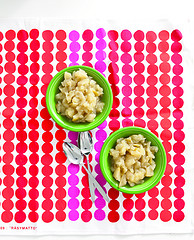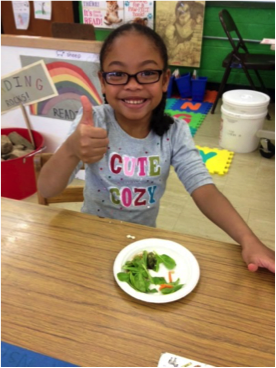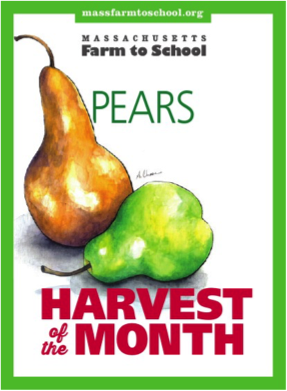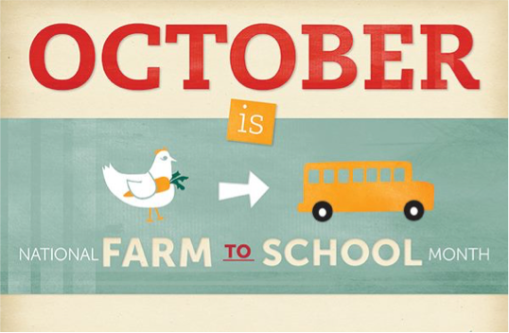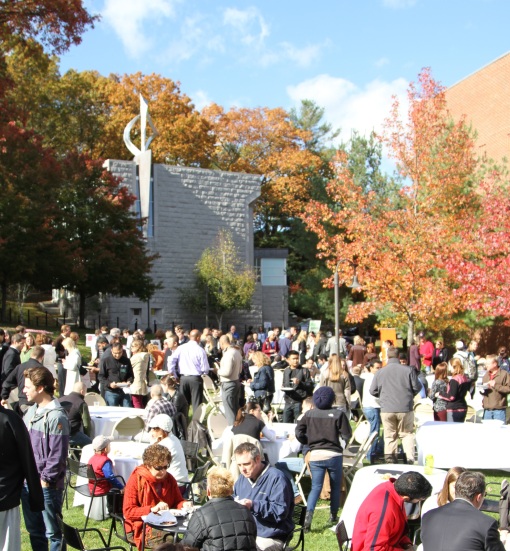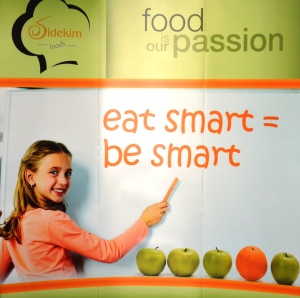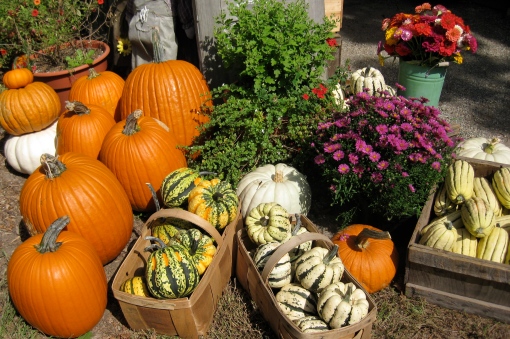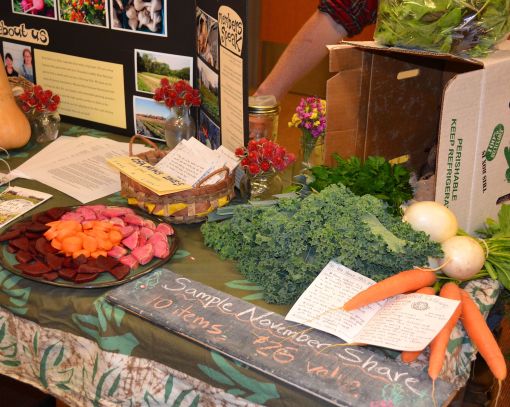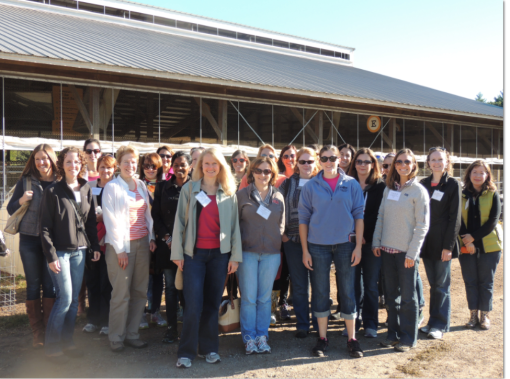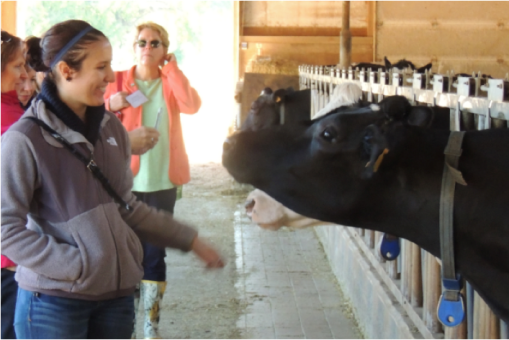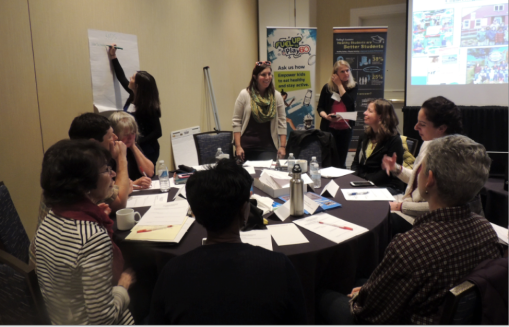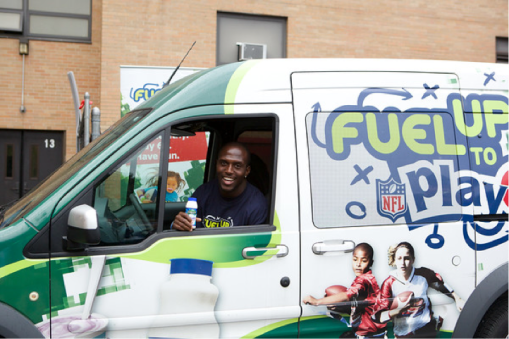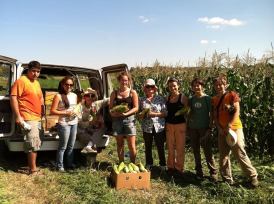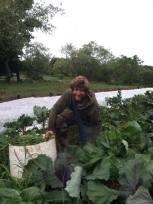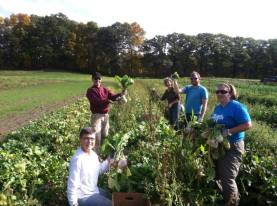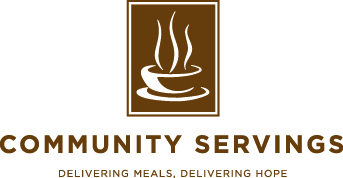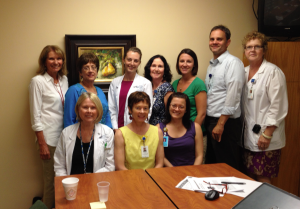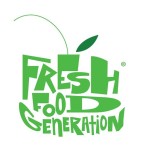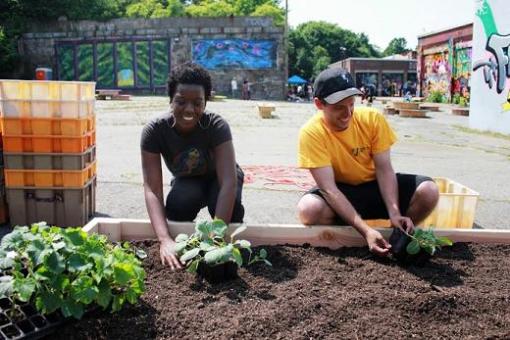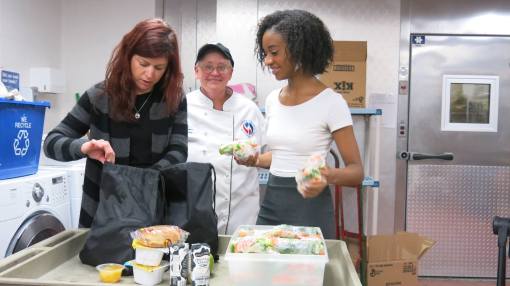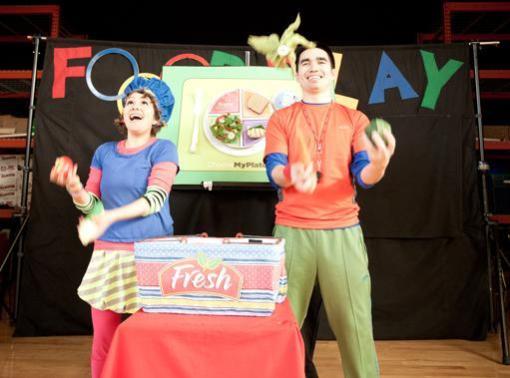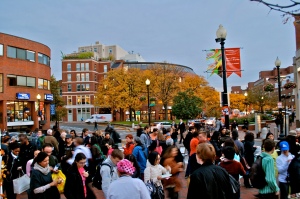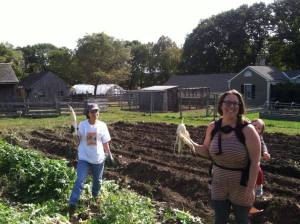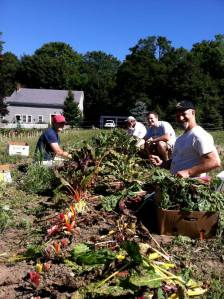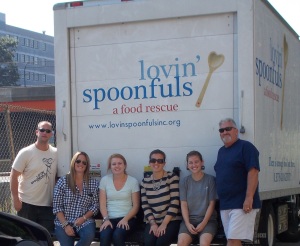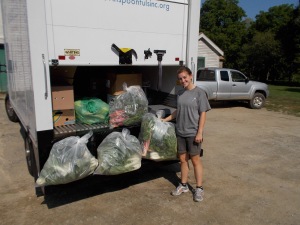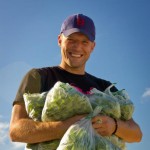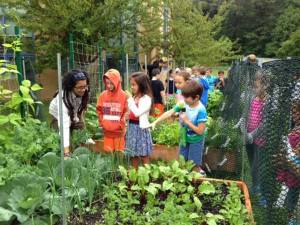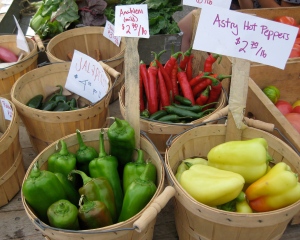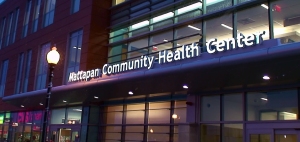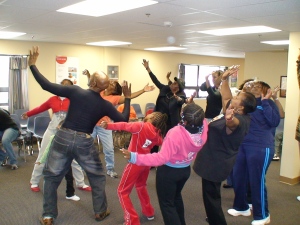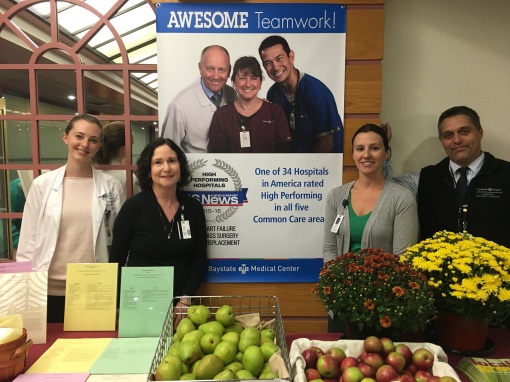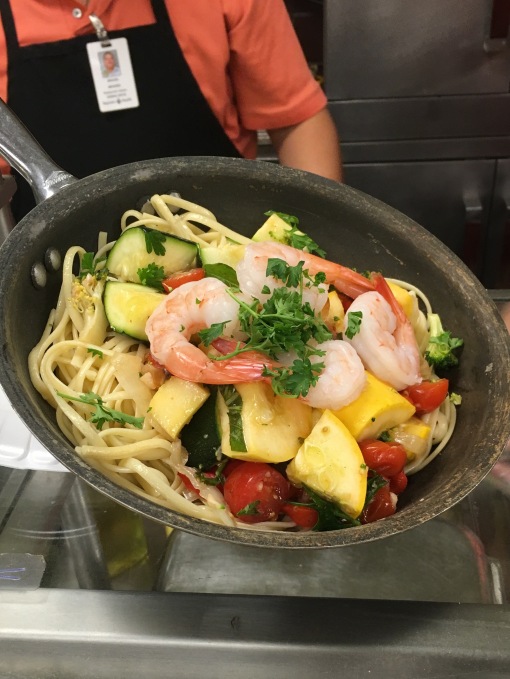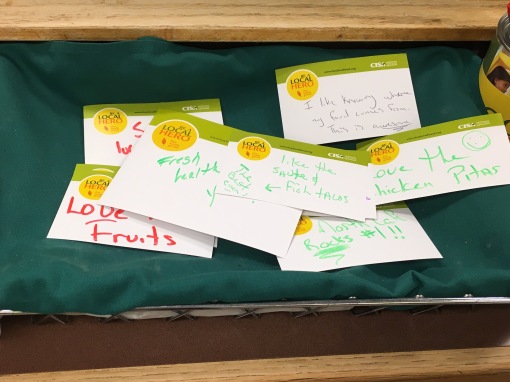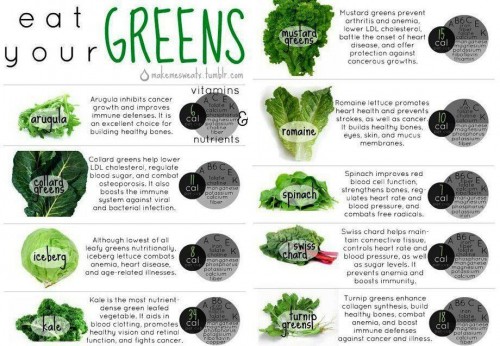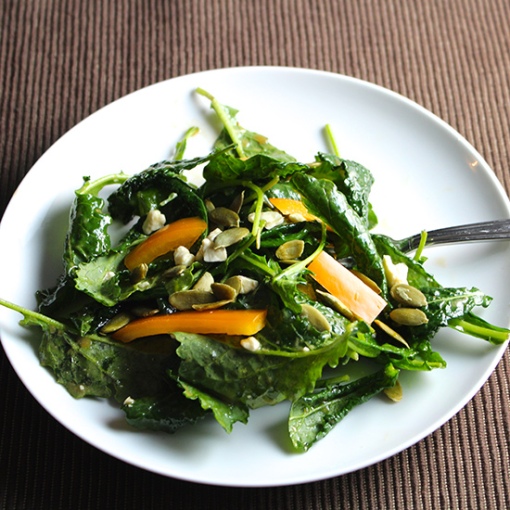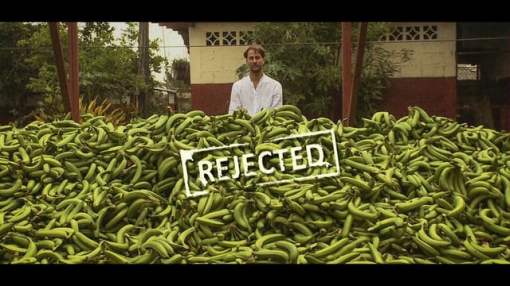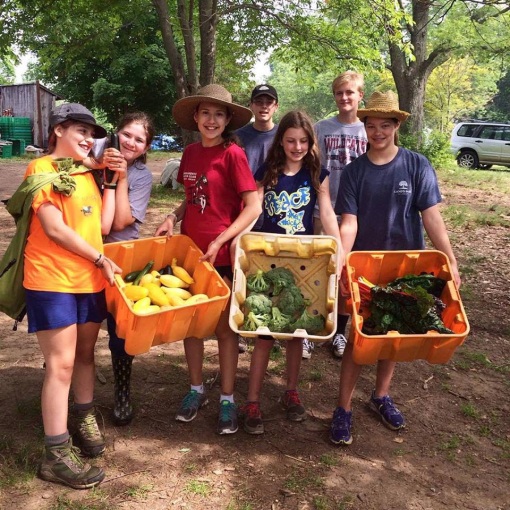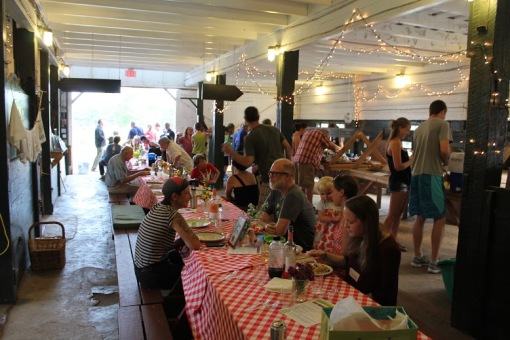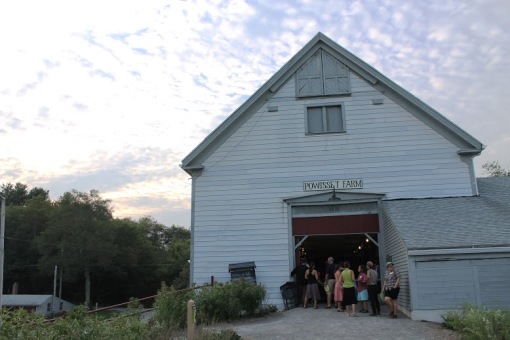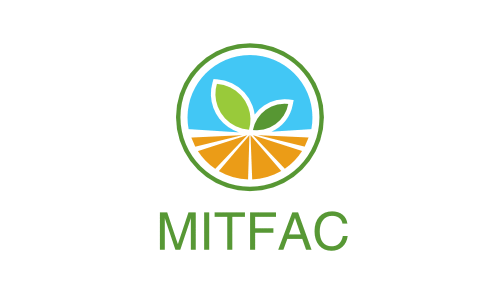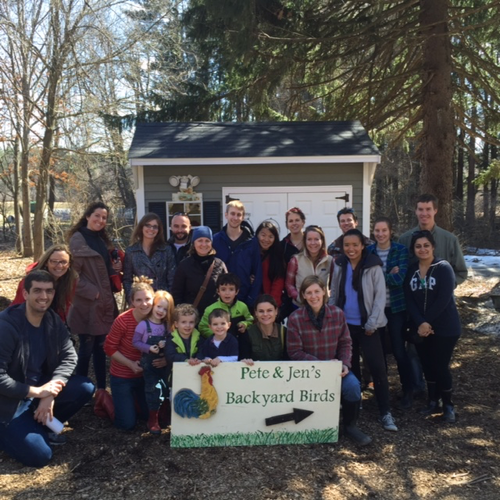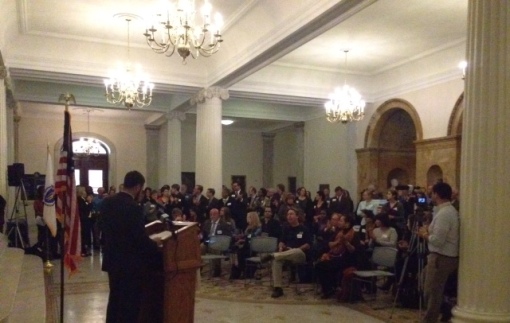
Food System Plan is the Commonwealth’s first since 1974
BOSTON – October 23, 2015 – Today, the Baker-Polito Administration unveiled a draft of the Massachusetts Food System Plan as part of the 2015 Food Day Celebration at the State House. The draft plan aims to foster a strong, abundant Massachusetts food system and provide a framework for the state to create smart food system policy.
“The Massachusetts agricultural industry continues to experience growth, and it is vital that we look for new ways to support our agricultural industry in a changing world and address issues of food insecurity and poor nutrition,” said Governor Charlie Baker. “Through the recommendations in this plan, we will continue our efforts to support Massachusetts agriculture and increase access to healthy food for all of our state’s residents.”
“The Massachusetts Food System Plan will help the state create policies to increase local food production in Massachusetts, create a vibrant and resilient food economy, protect our environment, and make healthy food accessible for all citizens,” said Energy and Environmental Affairs (EEA) Secretary Matthew Beaton. “I encourage everyone to submit input on this important plan that could enrich and improve the state’s food system and our communities.”
The plan has four main goals:
- Increase production, sales and consumption of Massachusetts‐grown foods
- Create jobs and economic opportunity in food and farming, and improve the wages and skills of food system workers
- Protect the land and water needed to produce food, maximize environmental benefits from agriculture and fishing, and ensure food safety
- Reduce hunger and food insecurity, increase the availability of healthy food to all residents, and reduce food waste
“I am thrilled to promote Food Day and the beginning of this two week comment period for the Massachusetts Food Systems Plan, an opportunity for everyone in the food system to share comments,” said Department of Agricultural Resources (DAR) Commissioner John Lebeaux, chair of the Massachusetts Food Policy Council. “This effort brings together hundreds of organizers and volunteers working to spread the message of choosing healthy, locally produced food that support productive and respectful food systems.”
As part of the Massachusetts Food Day celebration at the State House, a round table with subject experts and growers was held to discuss the draft food system plan. Afterwards, discussion continued at the Boston Public Market KITCHEN’s “Let’s Talk About Food” program. The Massachusetts Food Day event was held on the eve of National Food Day, which aims to “bring Americans together to celebrate and enjoy real food and to push for improved food policies.”
The draft will be open for a two-week public comment period from October 23 through November 6 atwww.mafoodplan.org. The revised and final plan will be submitted to the FPC for review in December.
The Massachusetts Food Policy Council (FPC) was established by the legislature in November 2010 to address the opportunities and challenges of the state’s local food system. It is composed of 17 state agency, legislative, and industry representatives. In 2013, the FPC launched a statewide planning process to draft a food system plan with support from the Department of Agricultural Resources (DAR) and the Metropolitan Area Planning Council (MAPC) and in collaboration with the Pioneer Valley Planning Commission, Franklin Regional Council of Government, and the Massachusetts Workforce Alliance. Over the past two years, more than 1,000 people have provided input, including growers, food processors, consumers, food and agricultural organizations and advocates.
“I am excited that we are honoring and celebrating our state’s vibrant and growing food economy at the State House today,” said State Representative Stephen Kulik (D-Worthington), House member on the Massachusetts Food Policy Council. “Massachusetts farmers and food producers are meeting the increasing demand of consumers for more fresh, local, and nutritious foods that help protect farmlands, increase jobs, and grow our economy. These efforts deserve our continued support and appreciation as we unveil our new statewide food system plan on this special day.”
“I am happy to work with the Department of Agricultural Resources on their mission to promote agriculture here in Massachusetts through the Food Plan,” said State Representative Paul Schmid (D-Westport), House Chair of the Joint Committee on Environment, Natural Resources and Agriculture. “I want to thank the Baker-Polito Administration for taking a proactive stance on agriculture and healthy food here in the Commonwealth.”
“It is important that we strengthen the Commonwealth’s diverse agricultural industry, supporting and creating jobs, and promoting sustainable local food options along the way,” said State Senator Anne Gobi (D-Spencer), Senate Chair of the Joint Committee on Environment, Natural Resources and Agriculture. “I look forward to working in coalition with Chairman Schmid, Governor Baker, Secretary Beaton and Commissioner Lebeaux to cultivate a plan to improve the Commonwealth’s food system.”
“It is important and encouraging for government and industry to work together toward food system solutions,” said Warren Shaw, owner of Shaw Farm in Dracut. “Increasing the availability of farm land for more production to contribute to greater food security for Commonwealth citizens is critical, and building local supply and strengthening distribution will also support increased food access.”
The Massachusetts food system employs 426,000 people, or 1 of every 10 jobs in the state, and accounts for 4.5 percent of all economic activity. In 2012, there were over 41,000 farms and food businesses in Massachusetts, and the Commonwealth ranks sixth in the U.S. for the total number of “community supported agriculture,” or CSA, farms.
DAR’s mission is to ensure the long-term viability of agriculture in Massachusetts. Through its four divisions – Agricultural Conservation & Technical Assistance, Agricultural Markets, Animal Health, and Crop and Pest Services – DAR strives to support, regulate and enhance the rich diversity of the Commonwealth’s agricultural community to promote economically and environmentally sound food safety and animal health measures, and fulfill agriculture’s role in energy conservation and production. For more information, visit DAR’s website at www.mass.gov/agr, and/or follow at twitter.com/mdarcommish.
Follow Commissioner Lebeaux on Twitter: www.twitter.com/mdarcommish
Visit our MDAR’s website:…………………………………………….. www.mass.gov/agr
Visit the Energy Smarts blog:…………………………… www.mass.gov/blog/energy
Visit The Great Outdoors blog:….………………………..www.mass.gov/blog/environment
251 Causeway St, Boston, MA 02114 — (617) 626-1700 office / (617) 626 1850 (fax)
